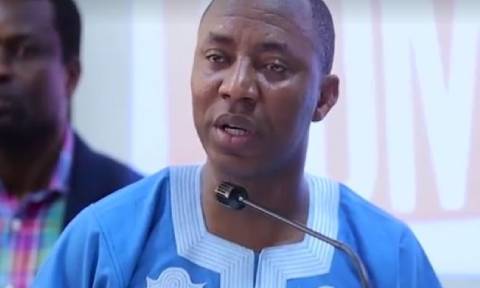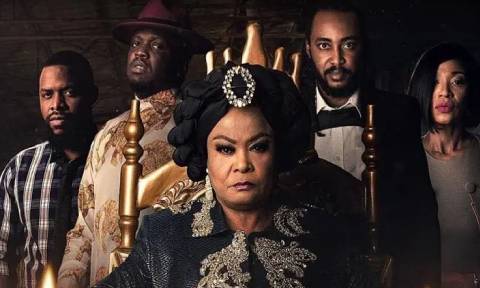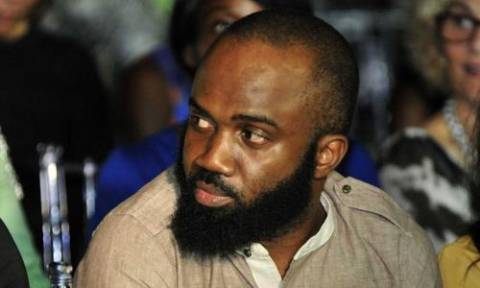
Plese note, the opinions expressed in the article below are entirely those of the writer:
NEGLIGENCE IN NIGERIA’S MEDIA
Thomas Paine, the famous Anglo-American political theorist who lived in the latter portion of the 18th century once said, “What we obtain too cheaply, we esteem too lightly; it is dearness only that gives everything its value.” My late father echoed this sentiment in an adage he used to often say around the dinner table, ‘Coconut lasts long in the mouth of the man who knows its worth.’
An unfortunate reality I have observed in life is that the things closest to us are many times the things we tend to neglect and fail to really appreciate. In other words, the things nearest to us are oftentimes not the dearest to us. Familiarity too often breeds complacency and contempt.
Let me explain the basis of this philosophical meandering. As an African journalist, I have been closely following the current activities in Malawi, notably the sudden death of Bingu wa Mutharika and historic rise of Joyce Banda to presidency. In the midst of this, it’s practically impossible to ignore the media attention given to Prophet T.B. Joshua, the popular Nigerian pastor of Emmanuel TV fame who accurately predicted Mutharika’s sudden passing.
Yesterday, I read an intriguing report in The Times Newspaper, UK on Joshua’s uncannily accurate prophecy to Mutharika and his relationship with Banda. In fact, African media have been agog with the story ever since Joshua first predicted the imminent death of an African president back in February, festering with speculative notions on whom the revelation referred to. A brief online search revealed media in USA, Holland, Zambia, Zimbabwe, Malawi, Botswana, South Africa, Ghana, Kenya, Uganda and Tanzania all wrote articles highlighting the prophecy and its culmination last week.
However, something that is attracting front page headlines in many nations and setting social networks ablaze with debate has received practically zero attention in the country from where the source of the story originated. I have seen literally no coverage of this prophecy in Nigeria’s media. Why? What offence has Joshua committed that such celebrated news elsewhere is being swept under the carpet of obscurity in his homeland? If the reverse occurred and a Malawian pastor to the level of Joshua’s standing uttered similar words about Nigeria’s president, would the news treated in the same manner?
I am not here to attest to Joshua’s authenticity or blast out a trumpet of prose and praise on his behalf. That’s not the purpose of this piece. I just find it remarkably surprising that an issue that attracted such interest, even from the likes of The Times in UK, appears largely unnoticed in the eyes of Nigeria’s extensive media.
However, when it comes to issues such as Boko Haram or the perpetration of violent and demeaning acts within the nation, a front page headline is a surety. News of individuals promoting their nation is seldom given the attention it deserves. After all, every country has their ‘demons’. Violent and inhumane acts are committed in every nation. Why should Nigeria seemingly delight in celebrating their own?
Concerning Joshua, I would define it as a case of negligence on the side of the media. A failure to celebrate their own has been a bane of Nigeria’s progress for many years, hence the exodus of many bright and budding stars to other nations. “Nowadays people know the price of everything and the value of nothing,” Oscar Wilde the Irish dramatist once whimsically said. It is a truth that echoes uneasily throughout the echelons of Nigeria’s history and one that today’s media seem to be doing little to alter.
I cannot but wonder what would be the case if Joshua decided to leave Nigeria permanently for greener and more welcoming pastures. Maybe then the nation would take notice. Maybe. Sometimes, you have to lose what you have to really know what you ever had in the first place.
Ihechukwu Njoku – London, UK



















